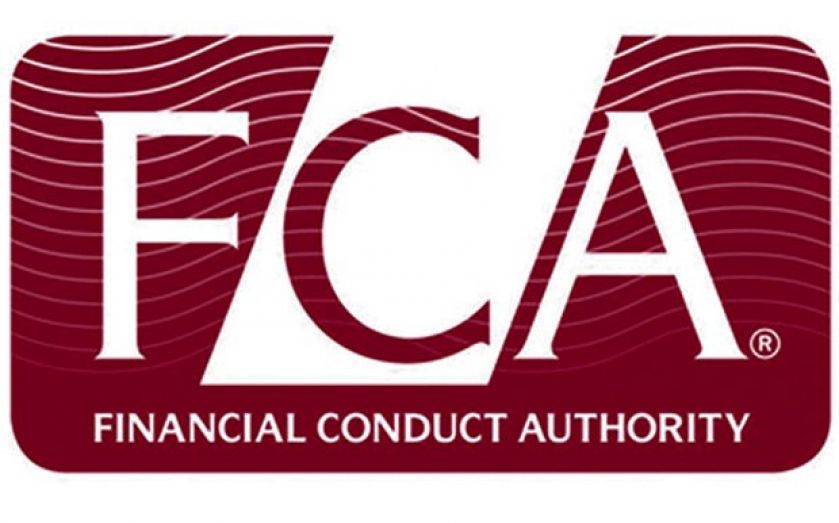The other FCA concern: Why its new rules for bankers would hurt the UK economy

IT’LL be a busy week for the Financial Conduct Authority (FCA). Yesterday, the regulator announced a new strategic approach for the organisation, with key personnel changes and a “sharper focus” on the challenges ahead. A review by Clifford Chance partner Simon Davis into the FCA’s handling of an insurance probe earlier this year is also expected to be published, and is sure to be much talked about.
Yet there is another reason to be concerned by the FCA’s recent actions. While some say politicians and regulators are simply after a few high-profile scalps to salve their frustrations over the financial crisis, recent proposals from the FCA and Prudential Regulation Authority (PRA) to reform accountability and remuneration in banking are rife with unintended consequences. The authorities must think their proposals through in closer detail – not least because the full impact of the proposed new accountability framework seems to have been overlooked, with worrying implications for both individuals and the economy.
So what do the proposals entail? Although the number of senior manager appointments requiring regulatory approval has been cut back, certain additional roles have been brought within its scope, and the approvals process has been made more robust. Most notoriously, senior managers will also be presumed guilty of wrong-doing – and in some circumstances could be open to criminal liability. While it is asking a lot for people to feel agitated about this, there are costs to implementing such a regime – who picks up the tab for compliance? Implementing these reforms will likely lead to higher costs for products and services, as well as reduced dividends – inevitably falling on the taxpayer and pension funds.
Conversely, the lighter touch certified persons regime, which will affect the second tier of managers and a range of customer-facing functions, seems to be pushing away some of the current system’s important protections. Many roles that currently require approval from regulators will become subject only to a bank’s internal assessment that an individual is “fit and proper” to perform their job. This will only increase the pressure on firms, which don’t have access to the same wealth of information as the regulator.
How is this going to help rebuild wider trust in financial institutions? While in many respects the FCA and PRA are trying to be reasonable in their approach to this highly political issue, too many elements of the certification regime need to be resolved for it to be truly credible in its current guise.
Far-reaching conduct rules have also been laid out, which could see employees such as cashiers held to essentially the same standards of behaviour as senior managers. Is anyone really suggesting that Private Pike should be held to the same standards as Captain Mainwaring, Chief ARP Warden Hodges or the Chief of the General Staff?
The proposed rules also contain complex side effects for areas like references, performance reviews and disciplinary procedures. The negative personal implications look disproportionate to the risks posed by those employees targeted by the proposals, and may well make a raft of jobs unattractive. Who will want to be a mortgage adviser, compliance officer, risk manager or product developer? The talent pool is certain to suffer.
All levels of the banking sector will be put under pressure, at a time when the industry needs to attract quality, intelligence, lateral experience and creativity – now and for a long time into the future. Credit unions and small banks bear a disproportionate brunt of the proposals, and the rules will surely put off new players from entering the market, affecting competition, innovation and alternative sources of funding.
But this is not just a problem for the boardroom – the measures are harmful to the UK’s continued economic recovery. With the publication of parallel rules for insurance, the banking proposals appear set to be the blueprint for other sectors, such as asset management. There is an argument that they could lead to the UK’s financial services sector losing its edge, undermining its global status over the long term, especially if those with flair and aptitude at all levels within banking decide that the personal risks are simply not worth it. The real economy is too fragile for this.
Following the publication of the Treasury Select Committee’s Seventh Progress Report on 17 November, its chair Andrew Tyrie MP was reported as saying that the regulators have misinterpreted elements of the recommendations made by the Parliamentary Commission on Banking Standards. Hopefully, the rhetoric will calm down and the regulators will rein in their position, prescribing a more circumspect list of in-scope employees and an improved set of measures. Better standards for financial services? Of course, just not like this.